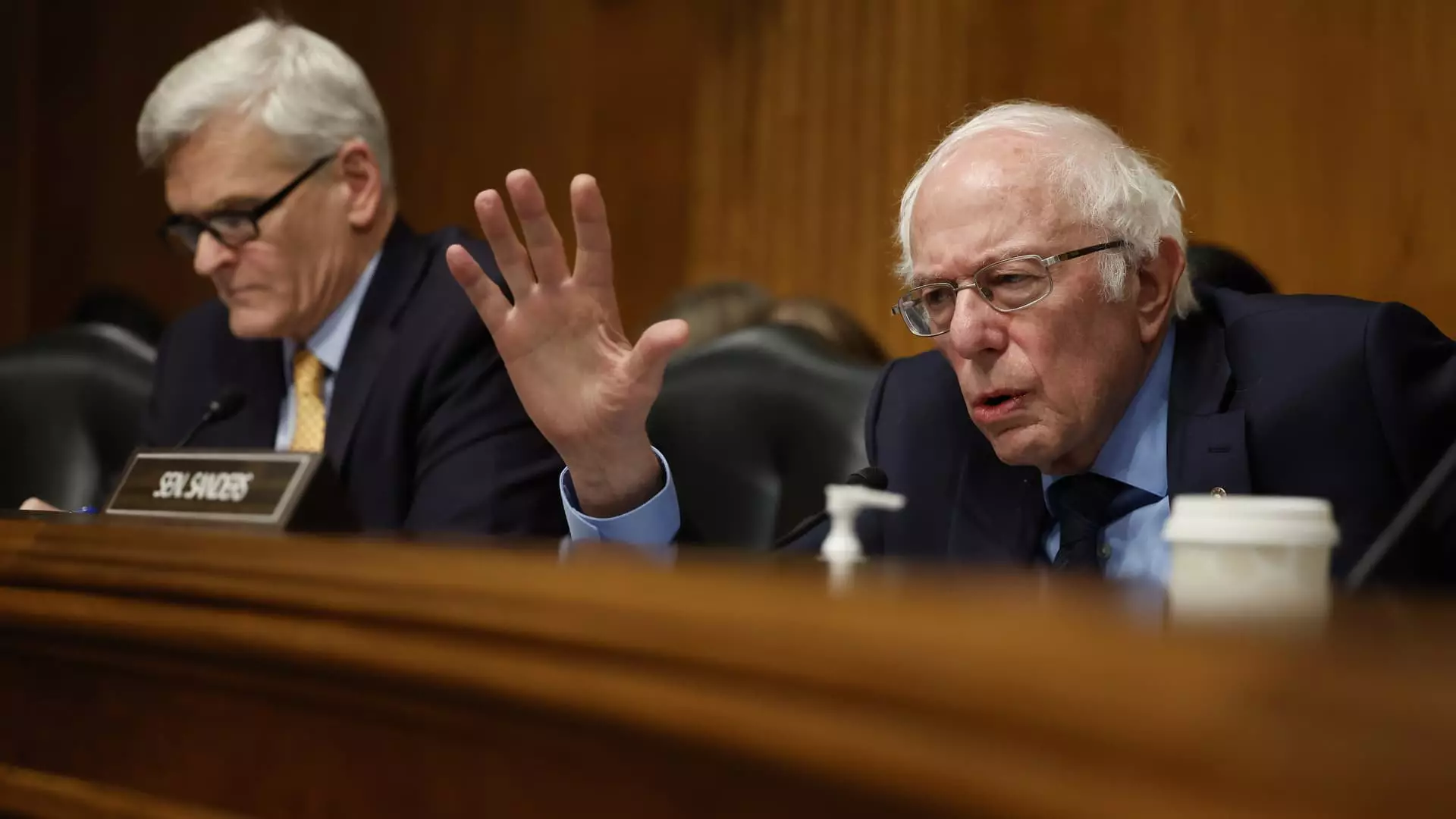Senator Bernie Sanders and Senate Democrats are advocating for a bill that would mandate a 32-hour federal workweek, pointing to the significant growth in technology and automation. Despite these advances, many American workers continue to toil long hours for low wages. Sanders emphasizes that Americans work more hours than their counterparts in other wealthy nations, necessitating a reduction in the standard workweek from 40 hours to 32 hours over a four-year period.
Under the proposed bill, employers would be required to pay overtime compensation to nonexempt employees at 1.5 times the hourly rate for every hour worked beyond eight hours in a day, and double the hourly rate for any hours exceeding 12. Additionally, total weekly wages would remain consistent despite the decrease in total hours worked. Representative Mark Takano has introduced a similar bill in the House of Representatives, mirroring the Senate’s efforts to address the changing landscape of work due to automation and AI.
The core argument presented by Sanders and Democrats in favor of the 32-hour workweek centers around providing individuals with more time for personal activities, such as spending time with family and pursuing hobbies outside of work. Senator Chris Murphy emphasizes the value of social interactions outside of work, suggesting that people derive fulfillment from activities beyond their jobs. This shift in approach acknowledges the importance of a work-life balance and recognizes the diverse ways in which individuals find meaning and purpose.
While the bill has garnered support from some quarters, there has been criticism from Republicans who argue that implementing a mandated workweek reduction could have adverse effects on small businesses and specific industries, such as retail. Senator Bill Cassidy expressed concerns about the potential impact on businesses and warned of inflationary pressures. Similarly, Senator Mike Braun raised doubts about the feasibility of such a proposal and its implications for the survival of hundreds of businesses.
Testimony provided to the committee by experts like Boston College sociology professor Juliet Schor and Jon Leland, chief strategy officer of Kickstarter, highlighted the potential benefits of a shorter workweek. Schor’s research indicates that productivity levels could increase for both employees and management under a 32-hour workweek, leading to improvements in well-being outside of work. Leland’s experience at Kickstarter demonstrated a positive correlation between a four-day workweek and enhanced goal achievement rates and employee retention.
While proponents of the bill point to the positive outcomes associated with a reduced workweek, dissenting voices like Liberty Vittert raise doubts about sustained productivity gains over time. Vittert’s skepticism regarding the long-term effects of a shorter workweek underscores the complexity of predicting the impact of automation and AI on the workforce. Senator Cassidy’s suggestion for a hearing on AI’s economic implications reflects the ongoing debate surrounding technology’s role in reshaping labor dynamics. In acknowledging the potential limitations of technology to universally reduce working hours, the conversation around the 32-hour workweek remains multifaceted and contingent on various factors.
Overall, the proposal for a 32-hour federal workweek represents a bold attempt to address the evolving nature of work in the digital age, balancing the benefits of automation and AI with the need for sustainable working conditions and quality of life considerations. As policymakers navigate this terrain, they must carefully weigh the competing interests and potential outcomes associated with such a significant shift in labor policy.

Leave a Reply